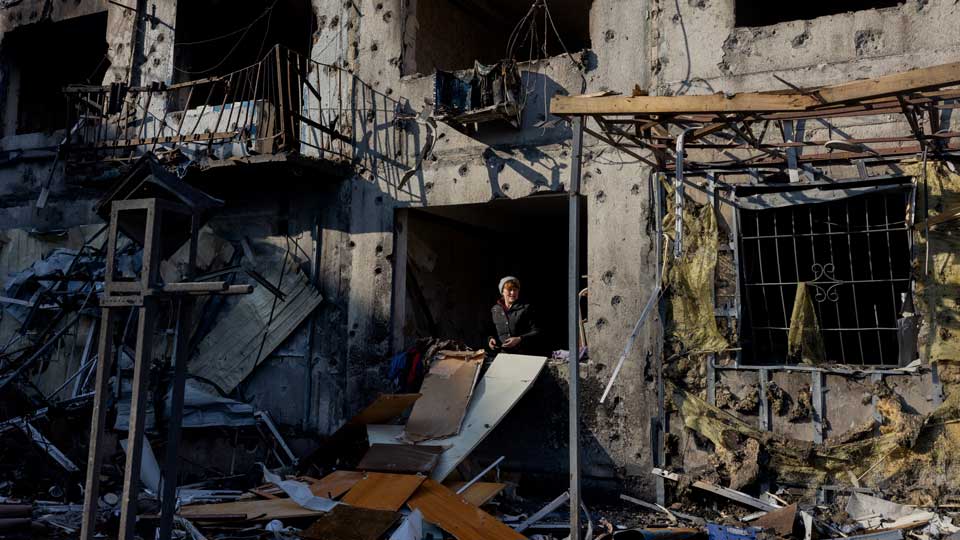
By Lukas Fiala
Russia’s invasion of Ukraine, a little over three years ago, marked a critical juncture in the development of European and international security. Far from merely a regional issue, the war has since affected many beyond the old continent: food security and energy price stability, and the ensuing polarisation between the West and Russia.
As we’ve written before, the war initially represented a conundrum for Beijing. Torn between conflicting interests of maintaining a close relationship with Moscow while avoiding further alienation with its Euro-Atlantic counterparts, Beijing embarked on a calibrated narrative strategy to balance these competing ambitions.
More recently, however, the Global South has become a key audience and source of support for China’s framing of the war, reflecting a larger shift in Chinese foreign policy strategy since the country emerged from zero-COVID in 2023.
China’s proximity to Russia and its support for the Russian war economy in the form of trade – especially dual-use exports – and diplomatic support, have long presented a challenge to China’s self-reported image as a developing country and non-interventionist actor. Long-held norms of Chinese diplomacy across the developing world such as the principles of peaceful co-existence, which were popularised by the Bandung Conference and the non-aligned movement during the Cold War, clashed with Beijing’s refusal to condemn Russia’s blatant violation of Ukrainian sovereignty, human rights and international law.
Instead of accepting defeat, however, the Chinese diplomatic apparatus has kicked into gear and attempted to foster coalitions in support of China’s framing of the war as a “crisis” – instead of an invasion – and China’s self-proclaimed image as a constructive, and non-interventionist, major power.
This effort began with the “Six-Point Consensus” by China and Brazil in May 2024, reiterating key Chinese talking points while advancing a more assertive call for negotiations and an international peace conference supported by all parties. By joining forces with a key middle power from the Global South and a BRICS member, Beijing found support for its interpretation of the war. Given the latter conveniently neither blames Russia for the “crisis” nor acknowledges China’s support for Russia’s defence industry, the projected narrative helps China balance its competing interests while broadening its base of support.
The next stage in Beijing’s efforts involved plurilateralisation this agenda by establishing a Group of Friends of Peace at the United Nations in September 2024. The Group’s participants are mostly from the Global South. And at the follow-up meeting in December, the Group reaffirmed core principles including respect for “the sovereignty and territorial integrity of states”, the “legitimate concerns of states”, and the Bandung principles.
China has thus contributed to building a loose coalition of countries supporting its own framing of the war, while also bolstering its claim to exceptionalism as a non-interventionist actor respecting the “Bandung spirit.”
More broadly, Beijing’s narrative strategy over the past year reflects Xi’s calls to enhance China’s “shaping power” at China’s central foreign affairs work conference in December, 2023. The conference also supported a shift towards the Global South as a key source of support and opportunity in the context of offsetting worsening relations with the US and its allies.
As the White House dismantles the remnants of liberal institutional order, Beijing will likely receive further opportunities to project its own interpretation of the war and international security at large into related discussions on a bi- and multilateral level. It shouldn’t be surprising that the Global South will be at the centre of this endeavour.
Lukas Fiala is the project head of China Foresight at LSE IDEAS.
